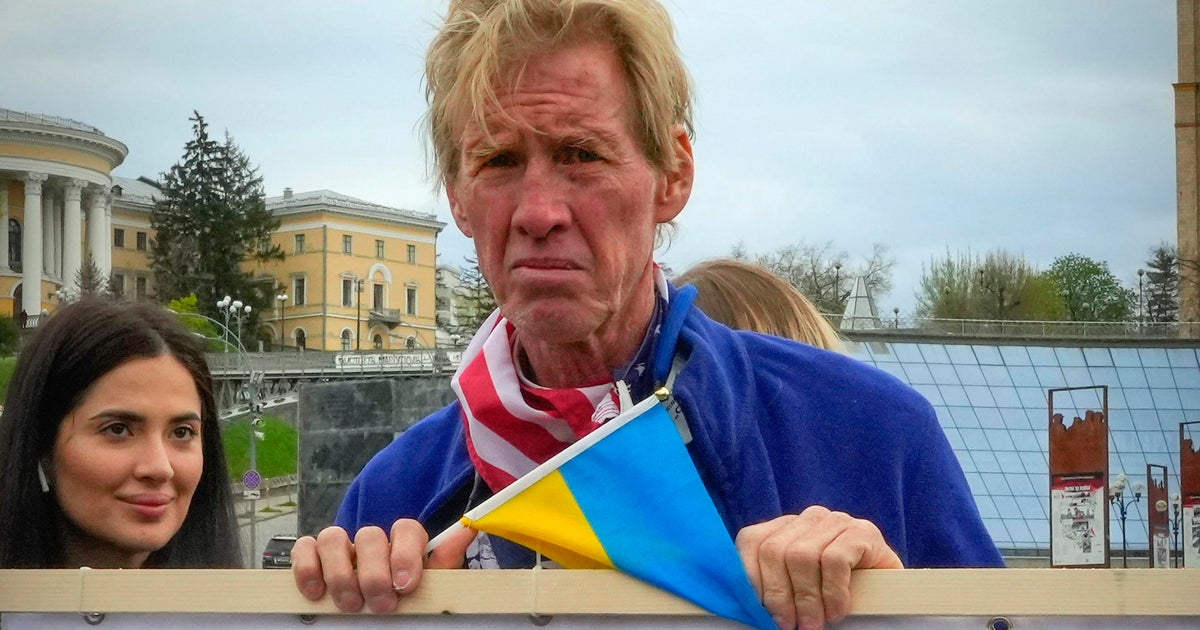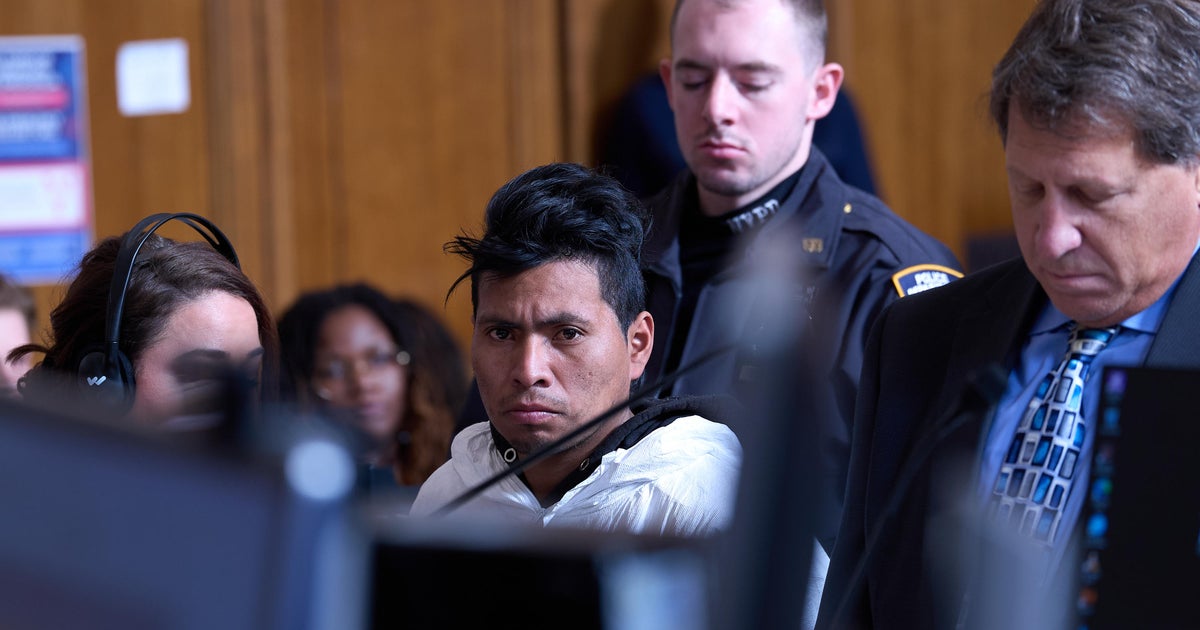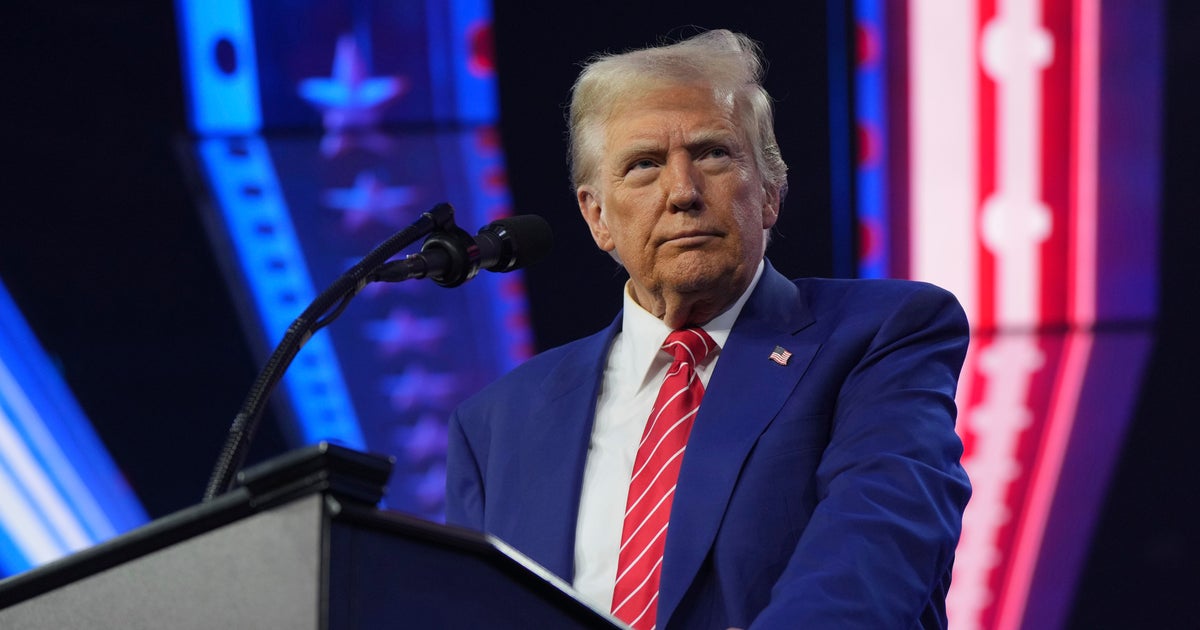ICYMI: Top takeaways from this week's "Face the Nation": Experts warn against reopening economy
As the Trump administration eyes a return to normal with a rolling reopening of the U.S. economy beginning as soon as next month depending on location, officials cautioned Sunday against a swift reopening of the economy as the country continues to try to curtail the spread of the coronavirus, saying an economic reboot that comes before the virus is under control could be detrimental to complete recovery.
Here's the big takeaways from Sunday's episode of "Face the Nation" with Margaret Brennan
1. States shouldn't rush re-opening too soon after coronavirus
- State and medical officials all cautioned on this week's "Face the Nation" against re-opening the U.S. economy to business as usual too soon, warning that doing so would be damaging to the state's mitigation efforts in flattening the curve of COVID-19.
- What they said: Gov. Phil Murphy of New Jersey said premature re-opening could be "pouring gasoline on the fire."
- "Any sort of economic reopening or recovery depends first and foremost on a complete health care recovery," Murphy said on "Face the Nation." "Getting that sequencing right, I think based on the data and the facts that we're seeing, is incredibly essential and that, if we either transpose those steps or we start to get back on our feet too soon, I fear based on the data we're looking at, we could be throwing gasoline on the fire."
- Chicago Mayor Lori Lightfoot agreed: "We cannot open up the economy until we make sure that we've got all the health care controls in place," she said. "That means widespread testing, contact tracing, and we've got to see not just a flattening of the curve, but a bending down."
- As for medical experts, Dr. Christopher Murray warned too soon could mean a resurgence: "Some states it's possible in May, but in other states, it's going to be very, you know, very unlikely that that would not lead to an immediate resurgence. the first testing we've done on this is if you opened up the entire country May 1, then we would very clearly have a rebound. We don't think the capability in the states exists yet to deal with that volume of cases. And so by July or August, we could be back in the same situation we are now."
- So what's the timeline? Minneapolis Fed Reserve Bank President Neel Kashkari said the nation should be looking at an 18-month strategy for the economy and health care system based on other countries further along in their recovery from the coronavirus outbreak.
- Why that matters: As the Trump administration, namely President Trump himself, is pushing ahead with getting the country back up and running in a month's time, leaders in local government and the medical community appear to be in lock-step against carrying out the president's ideal scenario for the economy.
2. GOTTLIEB: WHO needs to investigate what China knew about coronavirus
- Dr. Scott Gottlieb, the former commissioner for the Food and Drug Administration, called on the World Health Organization (WHO) to investigate China's role in the coronavirus pandemic that has devastated the world
- What Gottlieb said: "Going forward, the WHO needs to commit to an after-action report that specifically examines what China did or didn't tell the world and how that stymied the global response to this," Gottlieb said Sunday on "Face the Nation."
- He went on: "China was not truthful with the world at the outset of this," he said. "Had they been more truthful with the world, which would have enabled them to be more truthful with themselves, they might have actually been able to contain this entirely. And there is some growing evidence to suggest that as late as January 20, they were still saying that there was no human-to-human transmission and the WHO is validating those claims on January 14, sort of enabling the obfuscation from China."
- Why this matters: Gottlieb's comments come just as President Trump has criticized the WHO for its handling of the coronavirus pandemic and said last week he is considering ending U.S. funding to the agency. As we reported on Sunday, the question is not whether to totally cut off the WHO in the midst of a pandemic, but rather how to use the U.S. funding as leverage to make changes that the U.S. wants to see.
- Gottlieb said that while he disagreed with pulling funding entirely, as some countries in the Southern Hemisphere will likely be hit hard by the coronavirus in the near future and need resources, he said Mr. Trump had raised "valid concerns."
3. KASHKARI: Fed response is "as aggressive as possible" but recovery will be tough
- Neel Kashkari, the head of the Federal Reserve Bank of Minneapolis says that as the country faces dire economic straits, the Federal Reserve has learned from its experience during the financial crisis of 2008 and is "being as aggressive as possible. That's the right thing to do."
- Kashkari, who oversaw the Troubled Asset Relief Program during the 2008 financial crisis, said Congress has also been "very aggressive" in its response to the coronavirus, but warned lawmakers may have to do more to prop up the economy until a vaccine is ready.
- What Kashkari said: "It goes back to the progression of the virus," he told "Face the Nation". "If we're going to have economic distress until we have a vaccine, then it's going to be up to Congress to keep coming back to provide support to the American people."
- He noted, however, recovery will be tough: "This could be a long, hard road that we have ahead of us until we get to either an effective therapy or a vaccine," he said. "It's hard for me to see a V-shaped recovery under that scenario."
- Housing crisis 2.0?: "We know that ultimately if this goes on long enough, these losses roll up into the banking sector. People don't pay their mortgage. Coffee shop doesn't pay their landlord. The landlord then can't pay the bank's mortgage. And so it ends up rolling up into the banking sector. Right now, the banks are well-capitalized relative to where they were in 2006. But if this goes on long enough, it could produce strains in the banking sector. And then the Fed and Congress and Treasury would have to step in to make sure that the banks are sound," Kashkari suggested.
- Why that matters: Barring a "healthcare miracle" such as a treatment for coronavirus, it will be a long road ahead with rolling restrictions for the economic future of the United States.
4. Coronavirus' impact on African Americans shows need for data, tracing
- Chicago Mayor Lori Lightfoot said Sunday that the coronavirus is "devastating" black communities in part because of the underlying health conditions that disproportionately impact people of color.
- Lightfoot said on "Face the Nation" that the high number of deaths from the coronavirus among African Americans is not unique to Chicago, but rather tracks closely with the death toll in large cities nationwide.
- What Lightfoot said: "The answer that we believe is right is because of the underlying conditions that people of color and particularly black folks suffer from, whether it's diabetes, heart disease, upper respiratory illnesses, the kind of things that we've been talking about for a long time that plague black Chicago, that lead to life expectancy gaps," Lightfoot said. "This virus attacks those underlying conditions with a vengeance."
- Data is needed: "We are going all-in in a hyper-local focus to make sure that we are tapping into those neighborhoods where there's a high death rate, where there's a high positive test rate," Lightfoot said. "And we are bringing people into healthcare systems and making those kind of connections that may not have otherwise existed."
- Why this all matters: In Chicago, 72% of those who have died from the coronavirus are black. African Americans make up 30% of the city's population. "it is devastating our community," Lightfoot said.
Missed Sunday's episode? Click here to watch the show. "Face the Nation" airs Sunday mornings on CBS. Click here for local listings.




